Behold, the Bud Selig experience
I visited "The Selig Experience" and all I got was this stupid 3D Bud Selig hologram

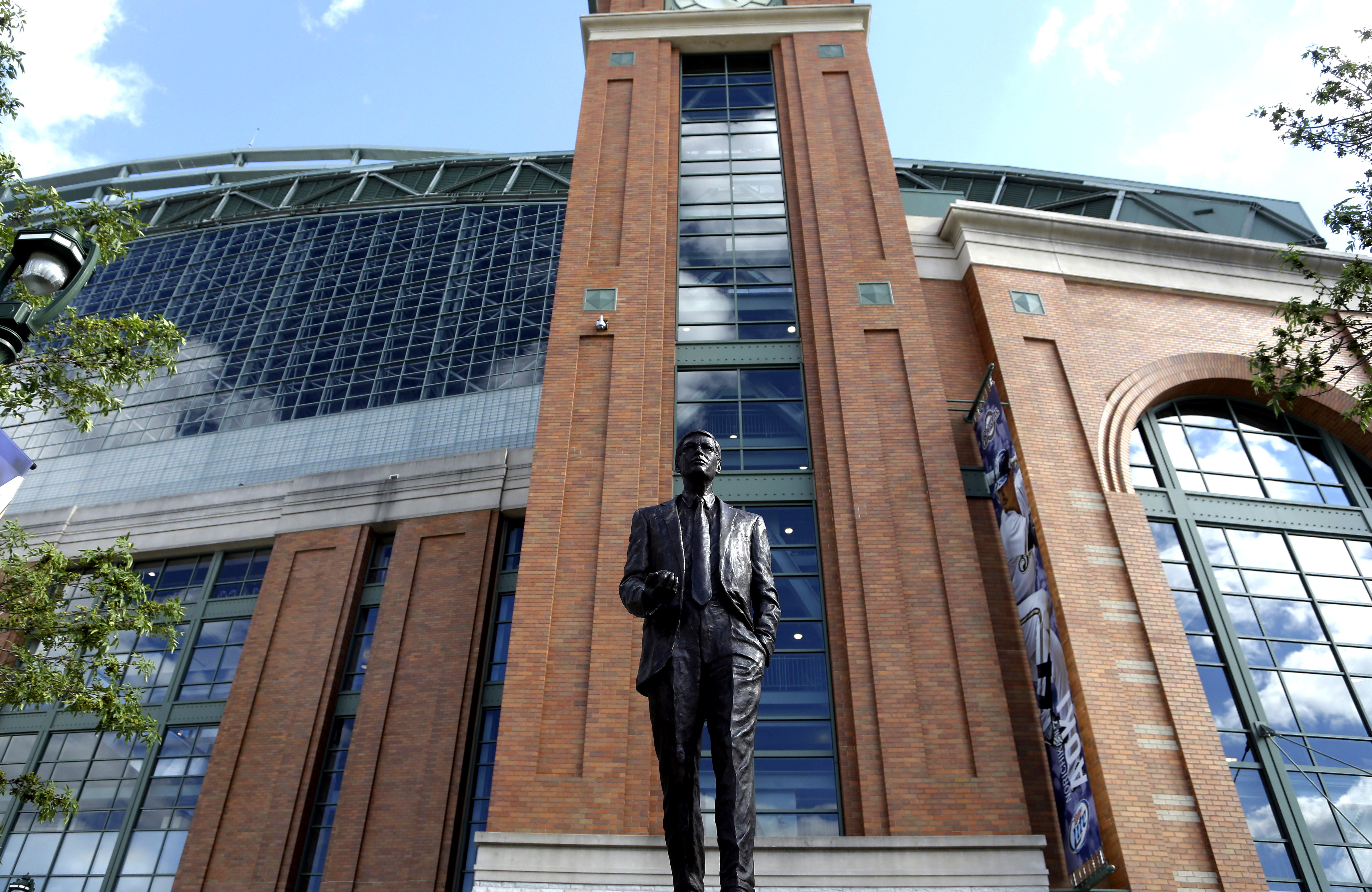
A free daily email with the biggest news stories of the day – and the best features from TheWeek.com
You are now subscribed
Your newsletter sign-up was successful
Milwaukee Brewers fans are experiencing a rare sensation — the joy of an inspired October run. The Brew Crew defied all expectations this year to overtake the mighty Chicago Cubs and St. Louis Cardinals and win the NL Central, then sweep the Colorado Rockies in the National League Division Series — just the third postseason series win in the team's 49 seasons. Now they're facing off against the Los Angeles Dodgers in the National League Championship Series, with the series knotted at one game apiece.
For 48 hours on the last weekend of the regular season, I was an honorary Brewers fan hanging out in Milwaukee, living on nothing but beer, cheese, and brats while rooting for the home team among their exceedingly friendly, long-suffering fans. As an added bonus, I caught a great game at Miller Park — punctuated by home runs from MVP candidate Christian Yelich and former MVP Ryan Braun.
But I was most curious to seek out Miller Park's most peculiar attraction, one to which many Brewers fans are completely oblivious. Tucked away in the left field loge level is an interactive 3-D multimedia exhibit on former Brewers owner, long-time MLB commissioner, and Baseball Hall of Famer Bud Selig. The hagiographic project, opened in 2015, was inspired by a Brewers executive's visit to a similar exhibit on Abraham Lincoln at Honest Abe's Presidential Library and Museum. Seriously.
The Week
Escape your echo chamber. Get the facts behind the news, plus analysis from multiple perspectives.

Sign up for The Week's Free Newsletters
From our morning news briefing to a weekly Good News Newsletter, get the best of The Week delivered directly to your inbox.
From our morning news briefing to a weekly Good News Newsletter, get the best of The Week delivered directly to your inbox.
Upon entering The Selig Experience, you are seated among two rows of bleachers facing three adjoined video walls screening an approximately 10-minute documentary. You are treated to a narrative of Selig as a selfless, devoted public servant who not only brought baseball to Milwaukee — but also saved it with nothing at his disposal but talent, charm, and guile. Though the film focuses on Selig's role as a baseball-loving civic hero, it pays a brief nod to the 23 years he spent as MLB commissioner, a role which the film posits Selig accepted reluctantly and only because of the universal regard of his fellow MLB owners.
The film's pièce de résistance cements Selig's legacy as Milwaukee's all-time greatest civic hero — depicting the 1995 moment when he convinced Wisconsin's legislature to commit over $1 billion in taxpayer money to finance construction and decades of maintenance for Miller Park.
Just when you might worry The Selig Experience is in danger of straying uncomfortably close to cultish, you are visited by the man himself. Along the far-left wall a video screen rises like a curtain to reveal a life-size 3-D Selig hologram, standing in a replica of his smoky, unkempt office, mouthing inane platitudes about faith and community and baseball. It is an altogether jarring and unintentionally comic experience, one which lacks much mooring in reality.
During the 34 years the Selig family owned the Brewers (12 of those while Bud was MLB commissioner!), he was not only an inept owner who presided over exactly two postseason berths, he was flat-out corrupt.
A free daily email with the biggest news stories of the day – and the best features from TheWeek.com
Selig led the efforts of MLB owners to illegally collude against free agent players over three offseasons in the mid-1980s to artificially keep salaries down. People have been banned from baseball for life for lesser offenses. Though the owners would eventually be forced to pay $280 million to the affected players, the damage reverberated in the form of bad blood between ownership and labor which lasted well into the '90s. As commissioner, Selig presided over the notorious "millionaires vs. billionaires" 1994 players' strike and the cancellation of the World Series.
After convincing publicity-hungry politicians to commit future generations of Wisconsinites to pay for a privately owned real estate parcel in 1995, Selig broke his promise to actually invest his own money into his company (that would be the Milwaukee Brewers baseball team) and instead cut the team's miniscule payroll even further. Though Selig spent his entire ownership crying poverty, by 2001 the spendthrift Brewers were the most profitable team in the league, and by 2004 Selig finally dumped the franchise for a tidy profit.
The Selig Experience doesn't spend much time on his tenure as commissioner — where he willfully turned a blind eye to the rampant steroid use that earned him his spot in Cooperstown. However, it does highlight the Selig-instituted revenue sharing system designed to benefit small-market franchises like the Brewers. And though some teams (the Minnesota Twins, Oakland Athletics, Tampa Bay Rays) regularly put their luxury tax income to good use and fielded competitive teams, more often than not cheapskate owners like Selig pal and former Miami Marlins owner Jeffrey Loria pocketed the luxury tax money and put a barely major league-level squad on the field.
As Minnesota Gov. Jesse Ventura said to Selig in a 2001 congressional hearing, "These owners are not losing the money they claim to be losing," adding, "It's asinine. These people did not get the wealth they have by being stupid."
Brewers fans deserve the joy of October baseball. And should they beat the Los Angeles Dodgers to win the NL pennant — or even hoist the World Series trophy — it will be the victory of an overachieving squad and the team's creative front office that put out a contender with the 22nd highest payroll of 30 MLB teams.
But it will be no thanks to Bud Selig.
Anthony L. Fisher is a journalist and filmmaker in New York with work also appearing at Vox, The Daily Beast, Reason, New York Daily News, Huffington Post, Newsweek, CNN, Fox News Channel, Sundance Channel, and Comedy Central. He also wrote and directed the feature film Sidewalk Traffic, available on major VOD platforms.
-
 The Week Unwrapped: Do the Freemasons have too much sway in the police force?
The Week Unwrapped: Do the Freemasons have too much sway in the police force?Podcast Plus, what does the growing popularity of prediction markets mean for the future? And why are UK film and TV workers struggling?
-
 Properties of the week: pretty thatched cottages
Properties of the week: pretty thatched cottagesThe Week Recommends Featuring homes in West Sussex, Dorset and Suffolk
-
 The week’s best photos
The week’s best photosIn Pictures An explosive meal, a carnival of joy, and more
-
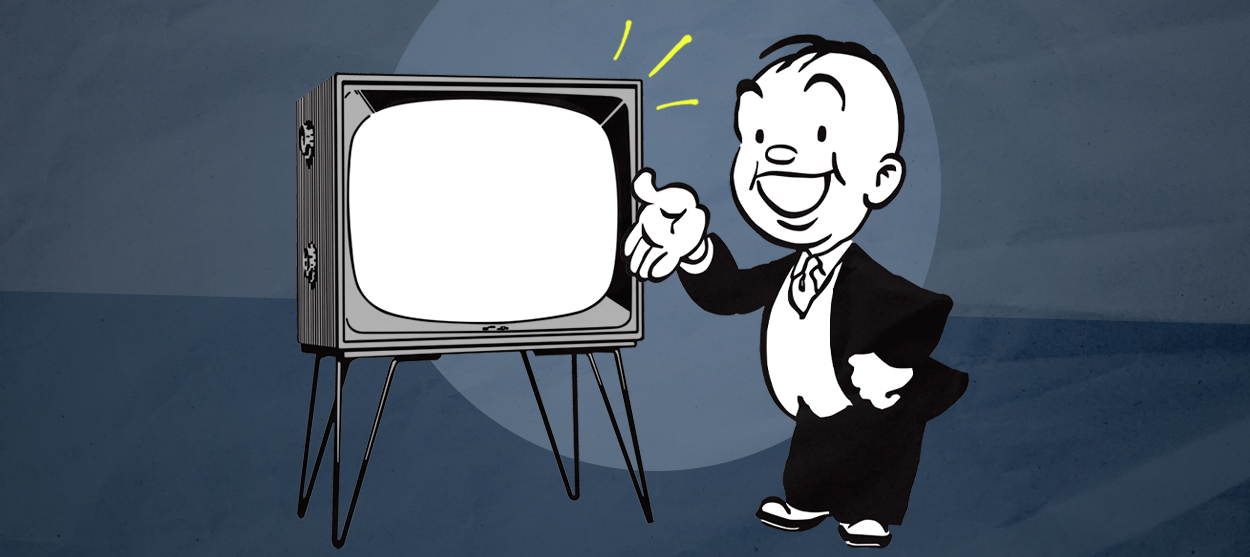 The hottest Super Bowl ad trend? Not running an ad.
The hottest Super Bowl ad trend? Not running an ad.The Explainer The big game will showcase a variety of savvy — or cynical? — pandemic PR strategies
-
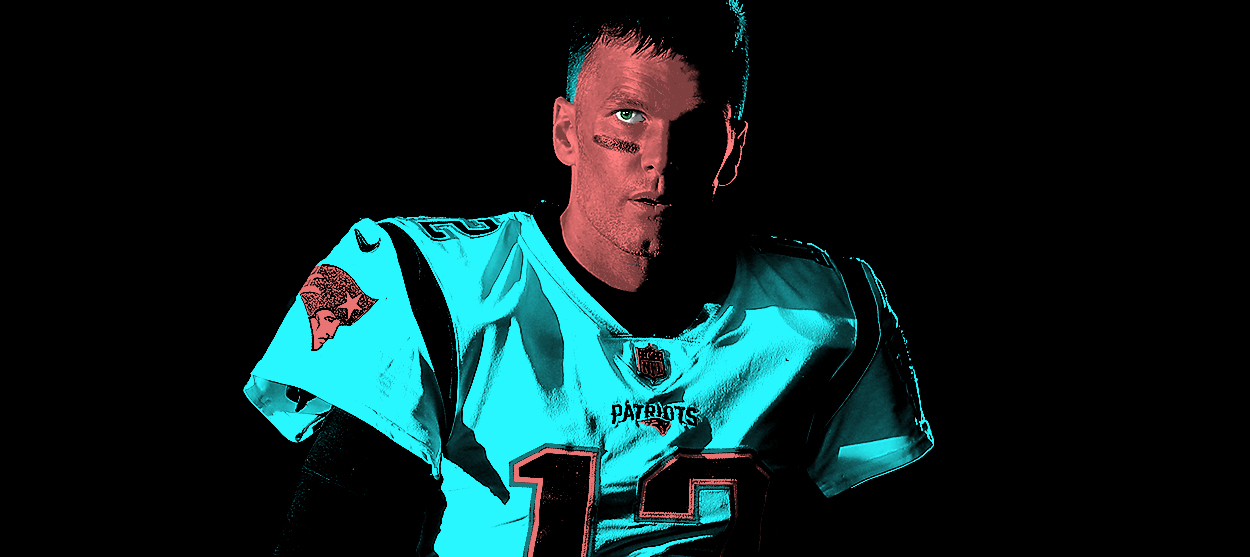 Tom Brady bet on himself. So did Bill Belichick.
Tom Brady bet on himself. So did Bill Belichick.The Explainer How to make sense of the Boston massacre
-
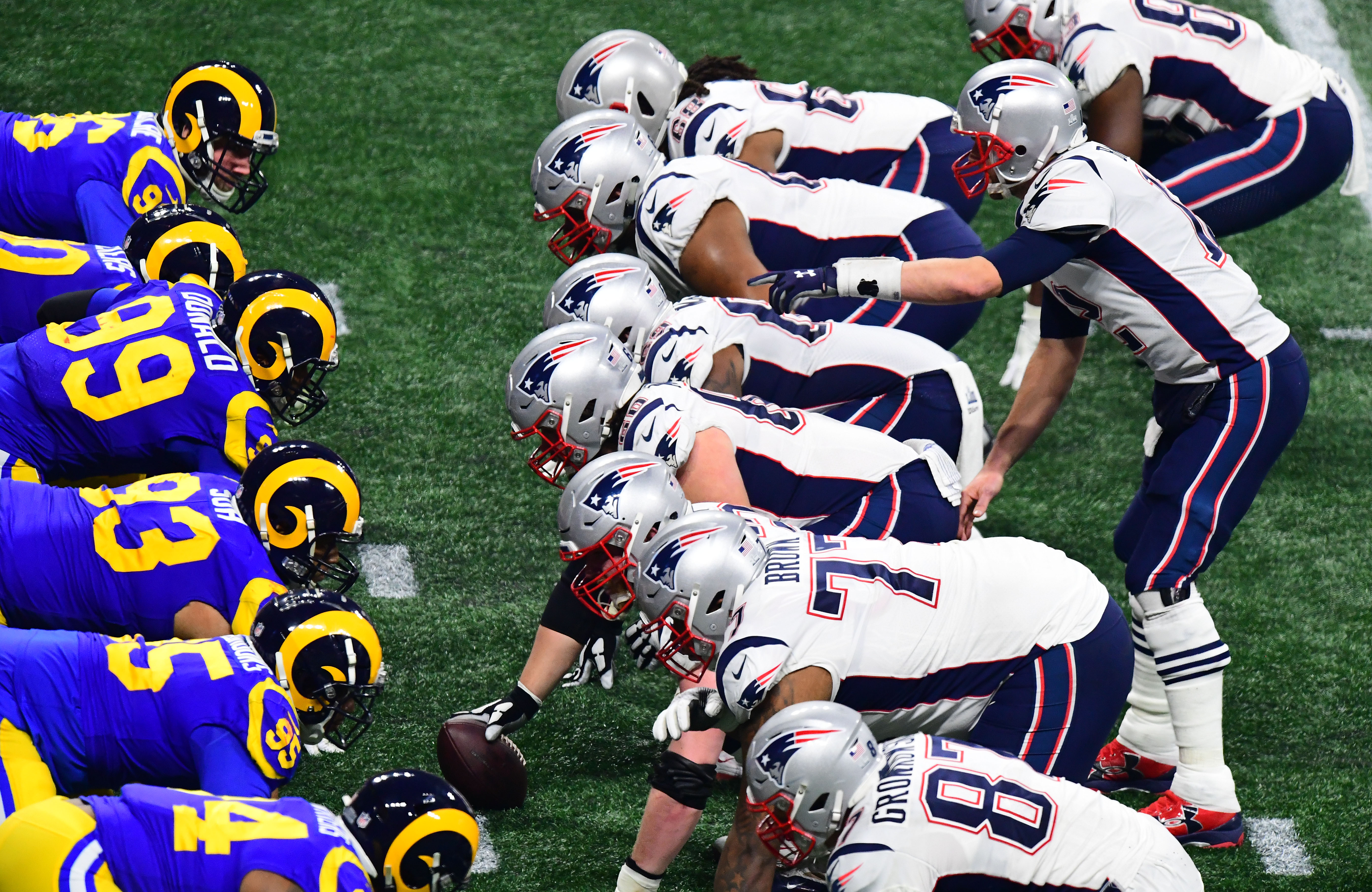 The 13 most exciting moments of Super Bowl LIII
The 13 most exciting moments of Super Bowl LIIIThe Explainer Most boring Super Bowl ... ever?
-
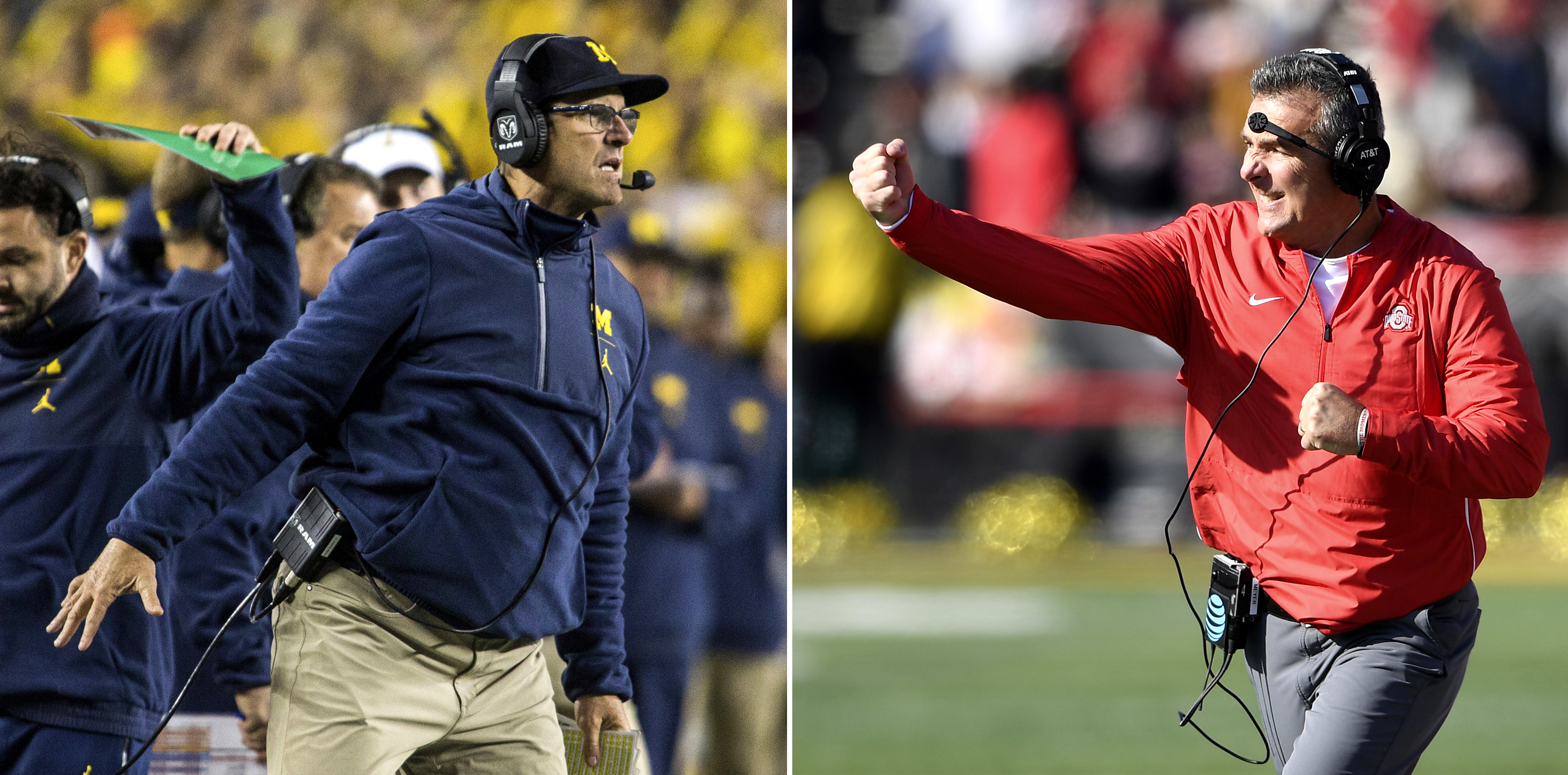 The enduring appeal of Michigan vs. Ohio State
The enduring appeal of Michigan vs. Ohio StateThe Explainer I and millions of other people in these two cold post-industrial states would not miss The Game for anything this side of heaven
-
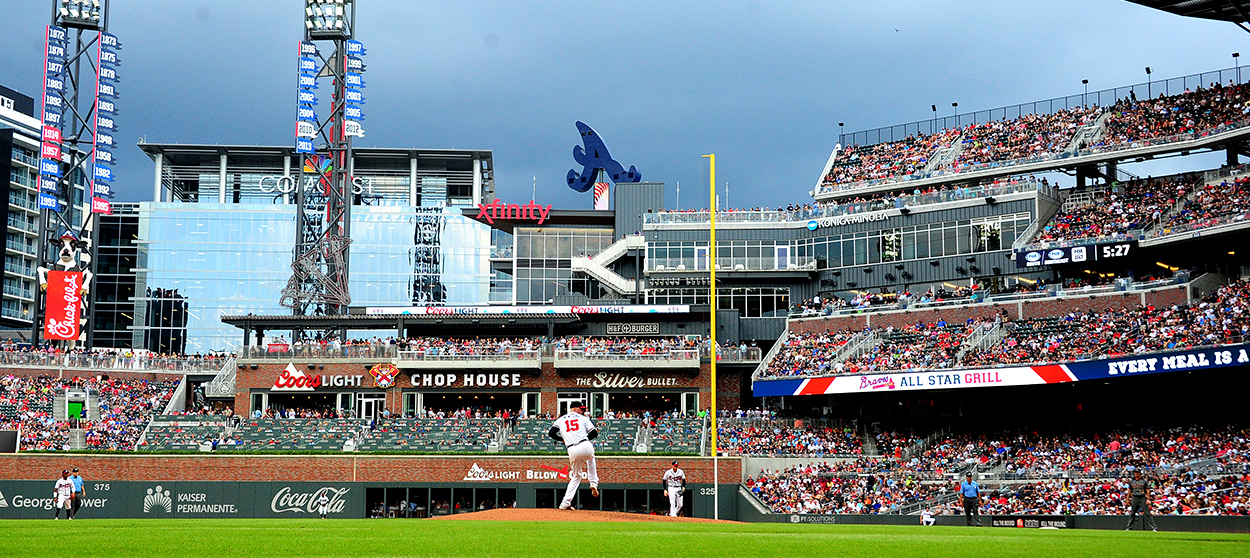 When sports teams fleece taxpayers
When sports teams fleece taxpayersThe Explainer Do taxpayers benefit from spending billions to subsidize sports stadiums? The data suggests otherwise.
-
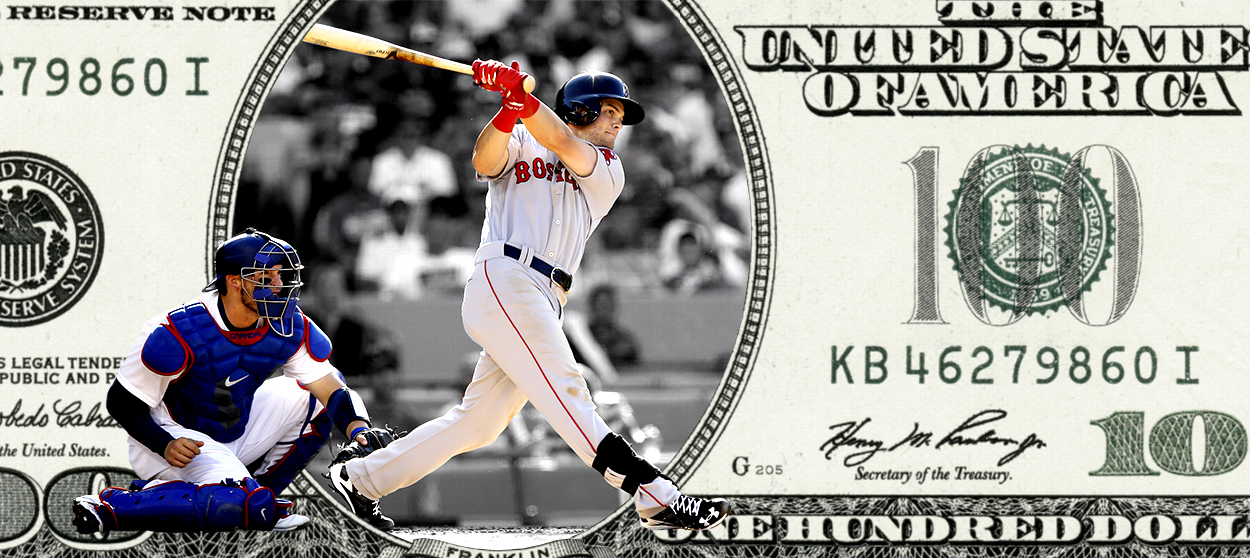 The 2018 World Series is bad for baseball
The 2018 World Series is bad for baseballThe Explainer Boston and L.A.? This stinks.
-
 This World Series is all about the managers
This World Series is all about the managersThe Explainer Baseball's top minds face off
-
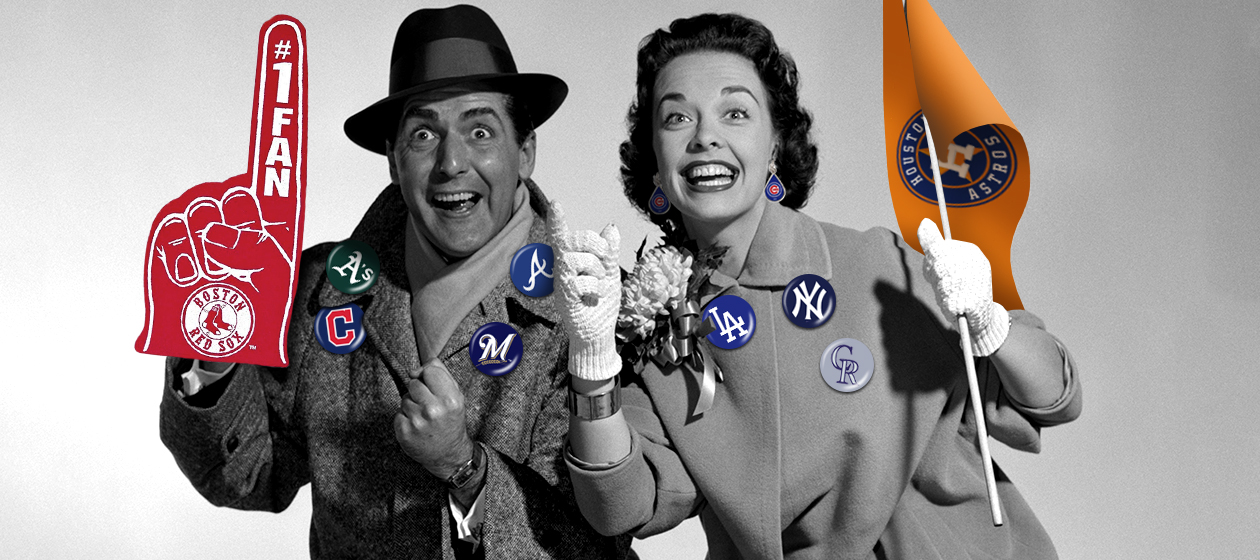 Who to root for in the MLB playoffs
Who to root for in the MLB playoffsThe Explainer Discover the pleasures of rooting for a team you had no attachments to before just this second
